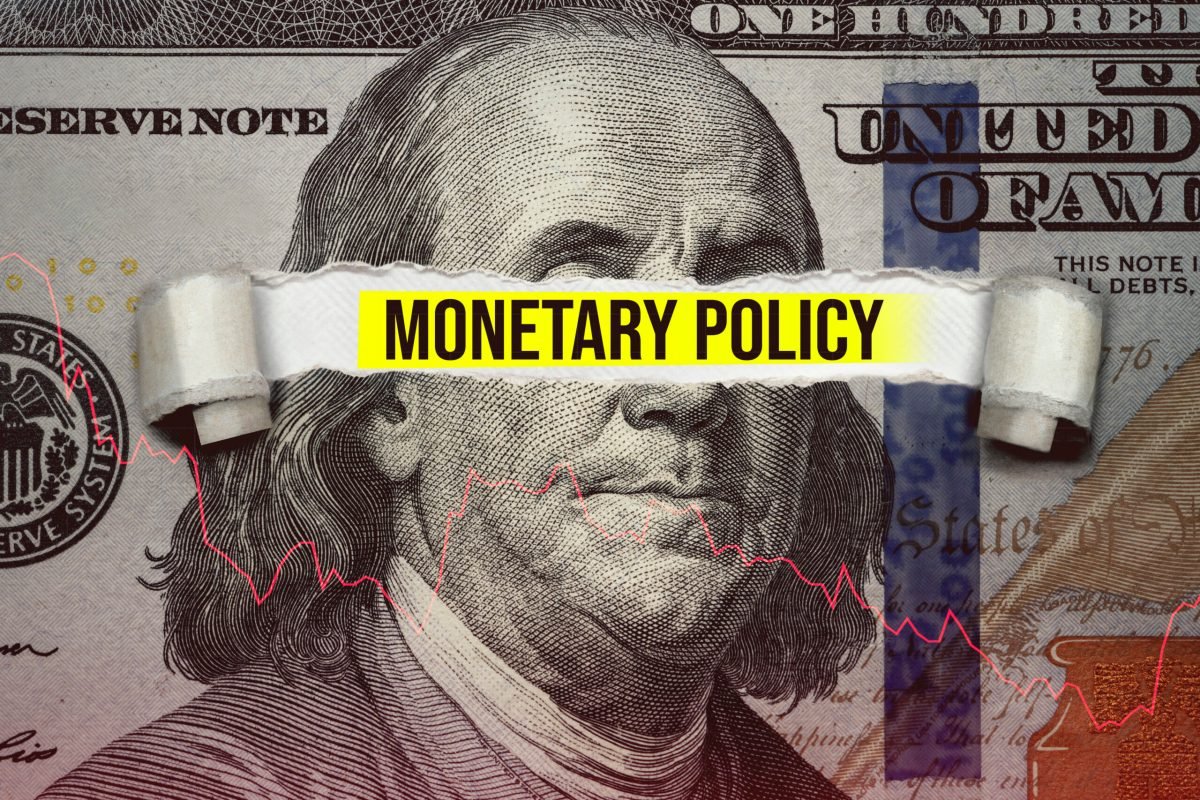Editor’s Notice: Our Enterprising Investor podcast options intimate conversations with a few of the most influential folks from the world of finance. This submit highlights some key speaking factors from a dialog between the present’s host, Mike Wallberg, CFA, MJ, and Campbell Harvey, PhD.
On this episode of Enterprising Investor podcast, Cam Harvey delves into his groundbreaking analysis on the yield curve as a predictor of financial recessions inside the context of right now’s financial system and up to date financial coverage actions. Harvey, a finance professor at Duke College, pioneered the research connecting inverted yield curves with impending recessions — a relationship that has confirmed remarkably dependable over the previous 4 many years.
Understanding Yield Curve Inversion
A standard yield curve slopes upward, reflecting larger yields for longer-term investments because of their elevated threat and time horizon. An inverted yield curve — the place short-term rates of interest exceed long-term charges — indicators that buyers anticipate decrease financial progress or a recession quickly. This inversion is taken into account a strong main indicator of financial downturns.
Certainly, Harvey’s analysis made the yield curve some of the carefully monitored instruments by economists, buyers, and policymakers. Its predictive energy has stood the check of time, sustaining its relevance throughout completely different financial environments. On this episode of EI podcast, Harvey shares the outstanding story of how he developed and examined his authentic idea.
Present Financial Context
Harvey addresses the present 20-month inversion of the yield curve and implications for the financial system. He explains that the curve inverted once more in late 2022, sparking widespread concern about an impending recession. There have been eight yield curve inversions because the Sixties, all of which had been adopted by recessions. “It is a quite simple indicator that’s eight out of eight with no false indicators. The financial system is so complicated, it’s outstanding you possibly can have one thing that does such a dependable job,” Harvey enthuses. He concedes that the yield time between inversion and recession is inconsistent, starting from six months to 23 months. The present inversion is 20 months.
Financial Coverage
Harvey has been vital of the Federal Reserve within the press. On this EI podcast episode, he discusses the Fed’s position within the present yield curve inversion. He maintains that the Fed’s aggressive rate of interest hikes geared toward combating inflation have contributed to the inversion. Because the central financial institution will increase short-term rates of interest to curb inflation, long-term charges haven’t risen as rapidly, resulting in the inversion.
CFA Institute Analysis and Coverage Middle’s “Monetary Policy: Current Events and Expert Analysis” curates a spread of analysis and opinions throughout markets and asset lessons.
Nuances and Issues
Whereas the yield curve is a vital software for forecasting, Harvey emphasizes that it shouldn’t be utilized in isolation. He advises that different financial indicators and market circumstances have to be thought of when assessing the chance of a recession. For example, components like employment charges, shopper confidence, and company earnings additionally play essential roles in understanding the broader financial image. He shares the info he believes market contributors and policymakers are ignoring, to their detriment.
Harvey additionally explores the potential penalties of a chronic yield curve inversion. Traditionally, extended inversions have typically led to deeper and extra extreme recessions. He warns that if the present inversion persists, it might point out extra important financial troubles forward. Nonetheless, he additionally means that applicable coverage responses, notably from the Federal Reserve, might mitigate these dangers.







